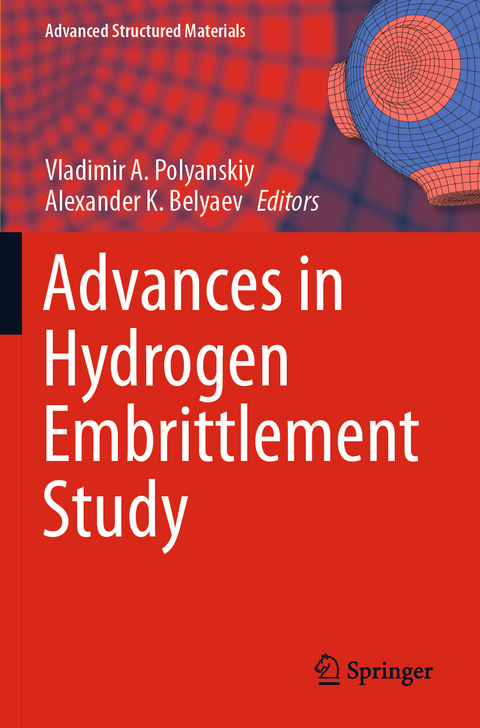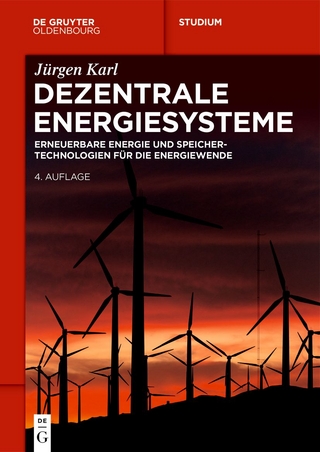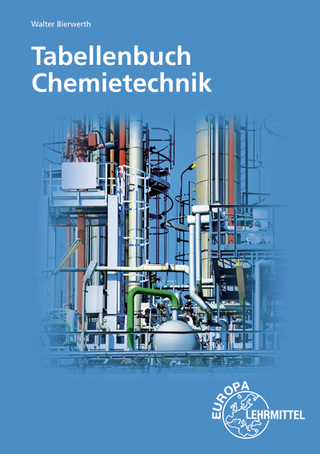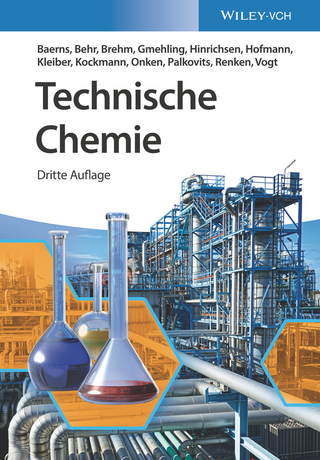
Advances in Hydrogen Embrittlement Study
Springer International Publishing (Verlag)
978-3-030-66950-8 (ISBN)
lt;p>Prof. Dr. Vladimir A. Polyanskiy is the Head of the Institute for Problems in Mechanical Engineering of the Russian Academy of Sciences and Professor of the Higher School of Cyberphysical Systems and Control at Peter the Great St. Petersburg Polytechnic University.
He is one of the developers of an industrial mass spectrometric hydrogen analyzer and of government reference specimen for calibrating hydrogen analyzers. He is a member of the North-West Branch of the Scientific Committee of the Russian Academy of Sciences on Combustion and Explosion and an expert of the Russian Academy of Sciences.
His scientific interests include hydrogen embrittlement, structural strength, metallurgy, physics of the atomic collisions and computational mechanics.
Prof. Dr.Sc. Dr.habil. Dr.h.c. Alexander K. Belyaev is the Head of the Mechatronics Laboratory and Chief Researcher of the Institute for Problems in Mechanical Engineering of the Russian Academy of Sciences. He is a Professor of the Department of Theoretical and Applied Mechanics at St. Petersburg State University and Professor of the Higher School of Mechanics and Control at Peter the Great St. Petersburg Polytechnic University. He has a Honorary Doctorate (d.h.c.) of Johannes Kepler University, Linz, Austria in 2012, and is a Foreign Member of the Austrian Academy of Sciences in 2016. He is a Member of the Council of the European Mechanics Society (EUROMECH) and member of IUTAM, as well as Corresponding Member of the Russian Academy of Sciences, member of Presidium of Russian National Committee for Theoretical and Applied Mechanics. His scientific interests include high-frequency dynamics of solids and structures, stability of machines and mechanisms, mechatronics.
Short-range-ordering effects on hydrogen embrittlement of austenitic steels - a review.- The effect of hydrogen charging on TDS and bond energies.- The key role of dedicated experimental methodologies in revealing the interaction between hydrogen and the steel microstructure.- A contribution on the hydrogen diffusion controlled failure of notched samples.- Establishing elastic-diffusion properties interrelation for a material with microstructure typical of HIC.- Influence of linear elastic stresses on hydrogen diffusion into metals.- Effect of hydrogen concentration and strain rate on hydrogen embrittlement of ultra-fine grained low carbon steel.- Acoustoelasticity due to hydrogen embrittlement and skin effects.- Characterization of hydrogen trapping systems and HIC susceptibility of X60 steel by traditional and innovative methodologies.- Hydrogen charging of samples printed on 3D, against samples of conventional materials.
| Erscheinungsdatum | 16.03.2022 |
|---|---|
| Reihe/Serie | Advanced Structured Materials |
| Zusatzinfo | XII, 213 p. 121 illus., 58 illus. in color. |
| Verlagsort | Cham |
| Sprache | englisch |
| Maße | 155 x 235 mm |
| Gewicht | 355 g |
| Themenwelt | Naturwissenschaften ► Chemie ► Technische Chemie |
| Technik ► Maschinenbau | |
| Schlagworte | Accumulation of hydrogen • Hydrogen damage • Hydrogen diffusion • hydrogen embrittlement • Hydrogen induced cracking |
| ISBN-10 | 3-030-66950-5 / 3030669505 |
| ISBN-13 | 978-3-030-66950-8 / 9783030669508 |
| Zustand | Neuware |
| Informationen gemäß Produktsicherheitsverordnung (GPSR) | |
| Haben Sie eine Frage zum Produkt? |
aus dem Bereich


